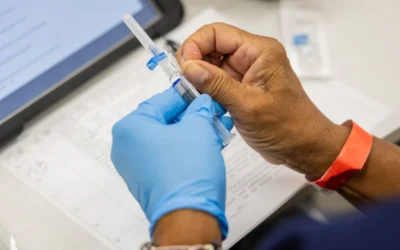
Starting in 2026, the prices for these drugs will decrease for up to nine million seniors, thanks to a provision in President Biden’s Inflation Reduction Act that allows Medicare to negotiate the prices for these drugs directly with the manufacturers. (Photo via Shutterstock)
The Biden administration on Tuesday announced the first 10 prescription drugs selected for Medicare price negotiations, a major milestone in Democrats’ push to lower drug prices by taking advantage of the federal government’s purchasing power.
The drugs include the blood thinners Eliquis and Xarelto, as well as the diabetes drugs Jardiance, Januvia, and Farxiga.
The other drugs are the heart failure treatment Entresto, the rheumatoid arthritis drug Enbrel, the blood cancer treatment Imbruvica, the anti-inflammatory medicine Stelara, and Novo Nordisk’s suite of insulins, which go by the names Fiasp and NovoLog.
The Centers for Medicare and Medicaid Services (CMS) will now negotiate the prices for these drugs directly with the manufacturers, thanks to a provision in Biden’s Inflation Reduction Act (IRA), which became law a year ago this month.
These new price negotiations aim “to basically make drugs more affordable while also still allowing for profits to be made,” Gretchen Jacobson, who researches Medicare issues at the Commonwealth Fund, said in a statement.
Health care advocates celebrated Tuesday’s announcement as a key moment in the fight for a better and more affordable health care system.
“This is a momentous day for patients across the country,” David Mitchell, a cancer patient and founder of Patients For Affordable Drugs Now, said in a statement. “I am one of millions of people in this country who take Eliquis (apixaban), a blood thinner that has a list price of almost $7,000 in the US because its maker, Bristol-Myers Squibb, has blocked competition. In Canada, where there is a generic, the price is less than $1,700. With negotiations, millions of patients will finally get a more affordable price for drugs like Eliquis.”
According to CMS, the 10 drugs announced Tuesday accounted for more than $50 billion in Medicare prescription drug costs between June 1, 2022 and May 31, 2023, making them some of the most costly to the Medicare program.
The negotiated prices would go into effect in 2026 and would save up to nine million seniors money on prescription drugs, according to the White House.
“For many Americans, the cost of one drug is the difference between life and death, dignity and dependence, hope and fear,” Biden said in a statement on Tuesday. “That is why we will continue the fight to lower health care costs — and we will not stop until we finish the job.”
The Congressional Budget Office also reports that the new Medicare negotiation provision will save taxpayers $160 billion by reducing how much Medicare pays for drugs through negotiation and inflation rebates.
While this move will cut costs for millions when implemented, it faces litigation from drugmakers and criticism from Republican lawmakers, meaning it could take years before consumers see savings. Drugmakers who refuse to be a part of these new negotiations, however, will be heavily taxed.
CMS plans to meet with drugmakers this fall, and government officials are set to hold patient-focused listening sessions. By Feb. 2024, the government will make its offer on a maximum fair price, and then drugmakers will be given time to respond.
The 10 drugs announced Tuesday represent just the first batch of drugs to be negotiated by Medicare. Another 15 drugs will be selected for negotiation and see their prices decrease in 2027, with 15 more following in 2028, and 20 more in 2029 and each year afterwards.

A new car vs. health insurance? Average family job-based coverage hits $27K
By Phil Galewitz, KFF Health News With the federal shutdown entering its fourth week, spurred by a stalemate over the cost of health insurance for...

Heart health meets community action: CPR kiosk opens in Richmond
The American Heart Association is making it easier than ever to learn CPR. Here’s what you need to know about Richmond’s new interactive training...
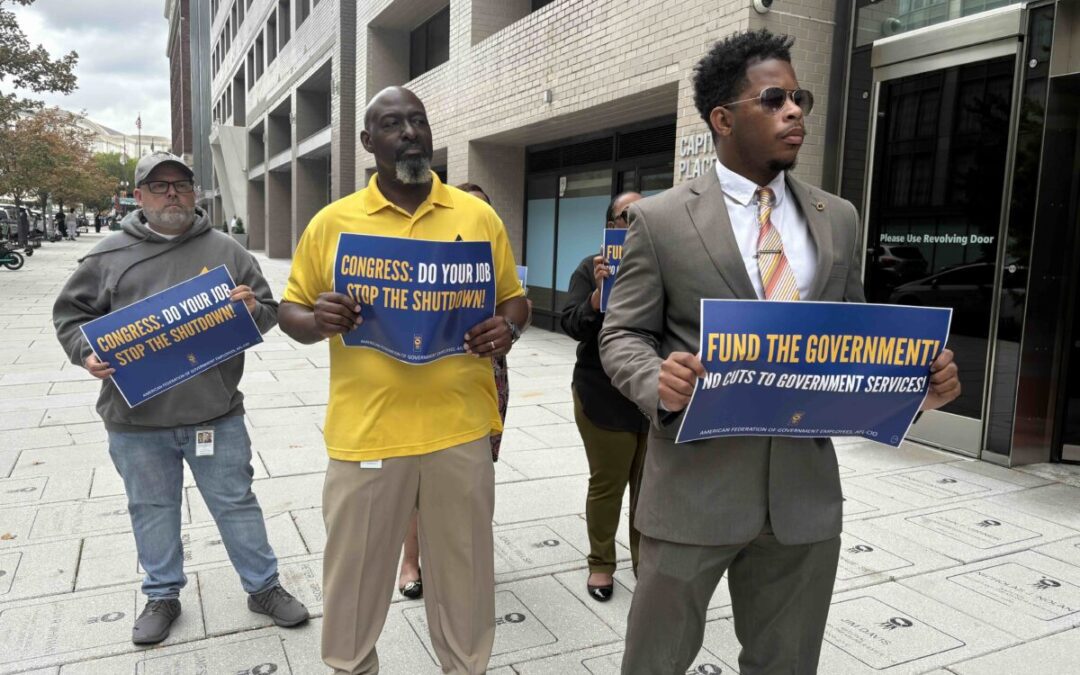
Virginians call on Republicans to protect health care, end shutdown
Virginians voice their fears about what the loss of health care subsidies will mean for them and their families, and union leaders representing...
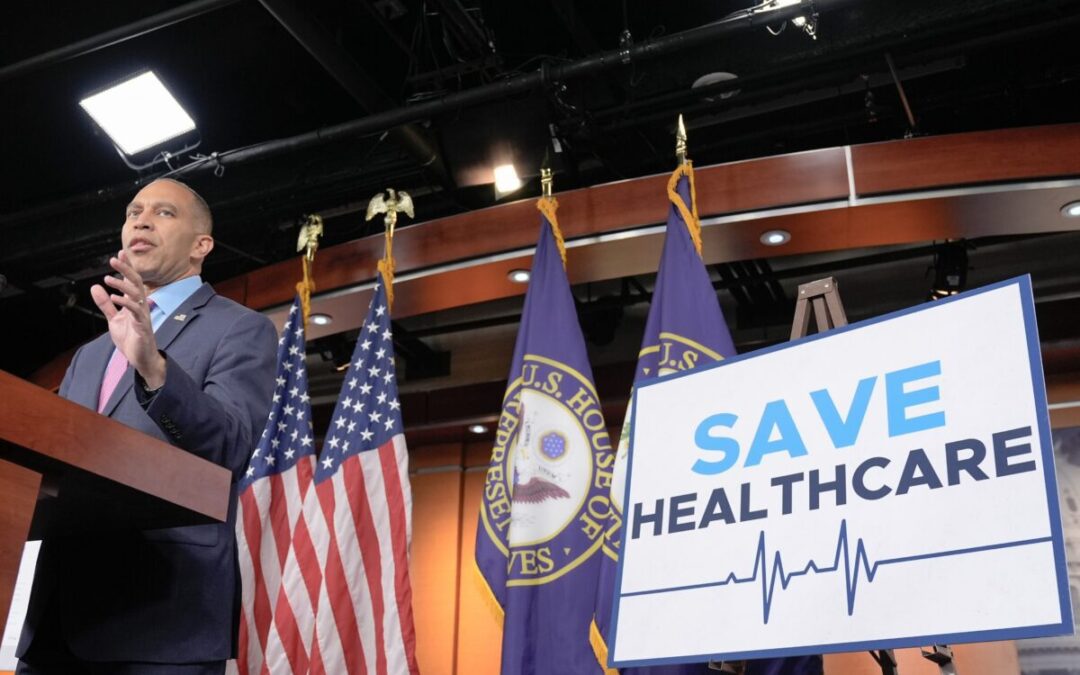
Virginians will see health insurance premiums surge if ACA subsidies expire
Republicans in Washington have refused to include an extension of important health care tax credits in a federal spending bill to re-open the...
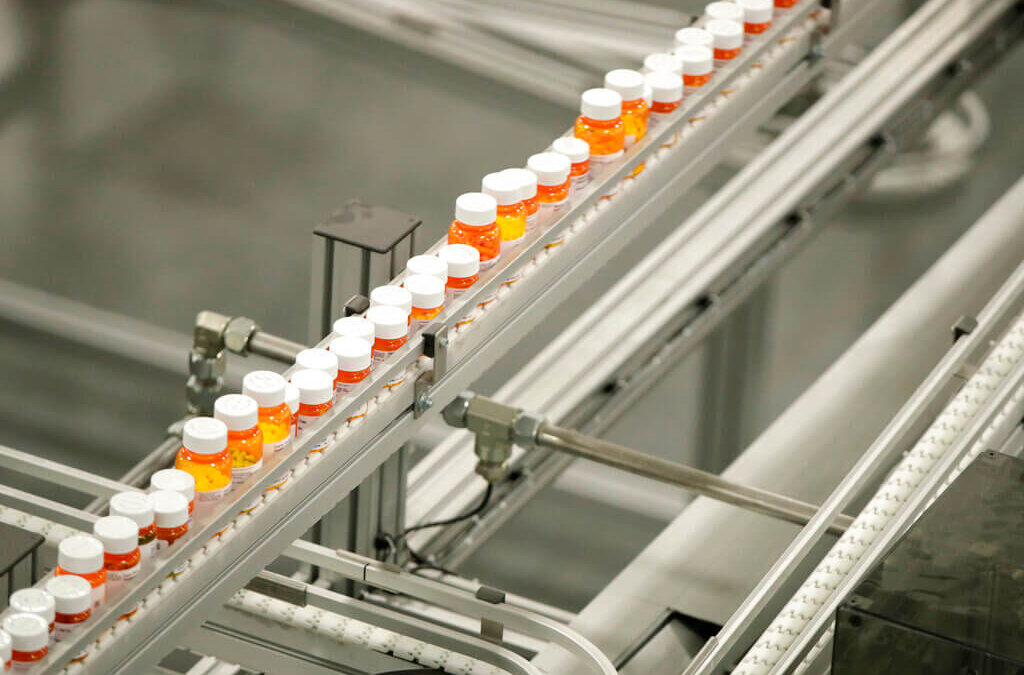
OPINION: Virginia needs lower drug prices now
I read with interest about Democratic gubernatorial candidate Abigail Spanberger’s plans for health care reform in Virginia. As a Virginian and a...
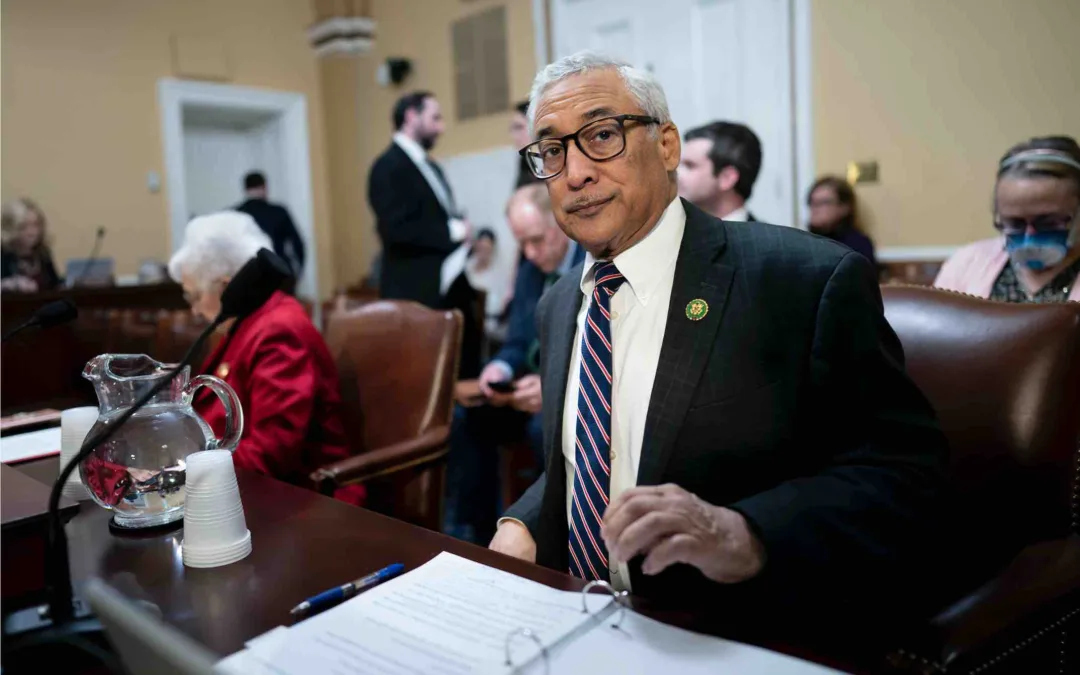
Virginia Dems fight to prevent healthcare losses, premium hikes
Letting Affordable Care Act (ACA) tax credits expire at the end of the year, as Republicans appear willing to do, could cost tens of thousands of...




